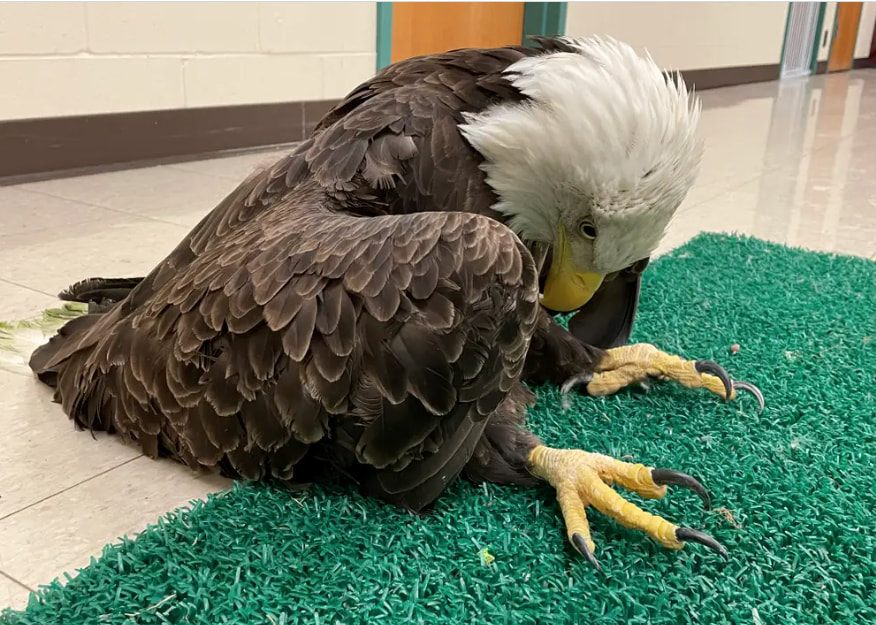|
The following are excerpts from a publication from the Michigan DNR that describes the danger of lead poisoning to our fish and other wildlife:
“There is evidence that lead poisoning through ingestion can occur in 130 wildlife species, but it’s a more serious issue in birds, which can get lead poisoning by ingesting lead pellets, bullet fragments or certain types of fishing tackle – which are used in hunting and fishing, two cherished, popular and legal outdoor traditions. A single lead sinker (a weight attached to fishing line) can kill a loon, while just one pellet can be toxic to waterfowl. The risk is quite real for bald eagles, too. Lead ammunition is a major source of lead exposure for bald eagles in the Midwest, and here in Michigan the top three mortality factors for these birds over the last three decades are trauma (car), trauma (unspecified) and lead poisoning – serious threats to the state’s 3,500-4,000 population.” Safer, lead-free options
Want to learn more? Visit Michigan.gov/WDM for detailed info on lead exposure and poisoning in wildlife and other helpful resources. Contact: DNR wildlife biologist/pathologist Tom Cooley at 517-336-5034 or [email protected].” Reference: https://www.michigan.gov/-/media/Project/Websites/dnr/Images/WLD/misc/getting_the_lead_out.pdf?rev=d720d5b83d904230bc50192a1a0884ee Comments are closed.
|
Contact UsP. O. Box 31
Interlochen, MI 49643 501 (c)3 Non-Profit Organization |
|

